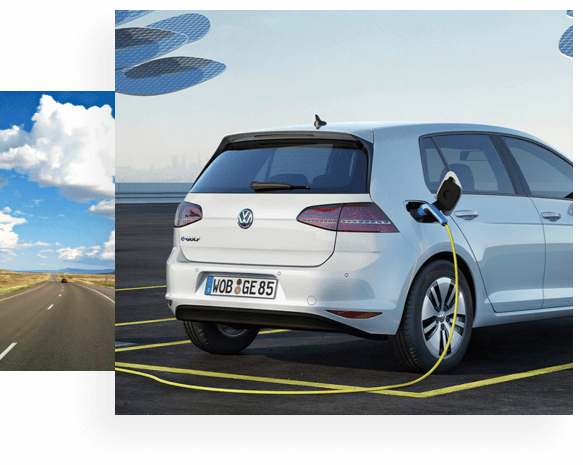
When shopping for a new or used car, there are so many hidden fees and questionable additions piled on to make figuring out the final price difficult. We can’t help you with a dealer trying to sell you $300 floor mats, but if you want to buy a new electric vehicle, rather than a used one, we can make the complicated process a bit easier to understand.
You will find some of the cheapest EVs available in this article, but electric vehicles come in a tremendous range of prices, from a $6,000 used first-gen Nissan Leaf to a brand new, loaded Tesla Model X SUV that can be optioned up to $150,000. In general, the more range an EV offers, the more you’ll pay, but many of today’s EVs also come well equipped with tech and safety features. The Nissan Leaf’s semi-autonomous ProPilot Assist system and the Chevy Bolt’s 4G LTE Wi-Fi hot spot are just two examples.
Check with your local government for details, as there are some limits for Tesla buyers and some of these benefits also apply to leasing an EV. Some states also offer charger (EVSE) incentives and
The MYEV Promise
Buying your first EV might seem confusing at first, but rest assured we are here to help you. Send us any questions, comments, and concerns you may have and we’ll do our best to answer. Sharing our passion and knowledge of EVs IS our passion. We want to build a community FAQ, so any questions you have may show up in our Knowledge Base. Don’t be afraid to ask! Your questions may help others!
Browse MYEV ListingsContact Us
Your MYEV Family
Change Your Location
Weekly graph